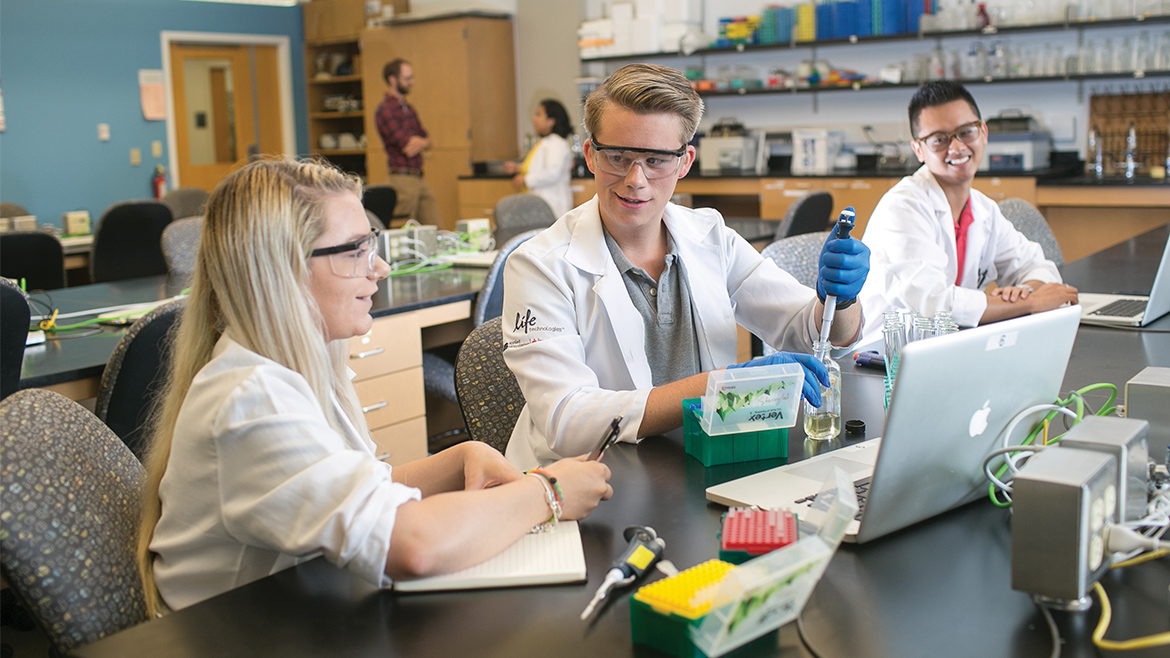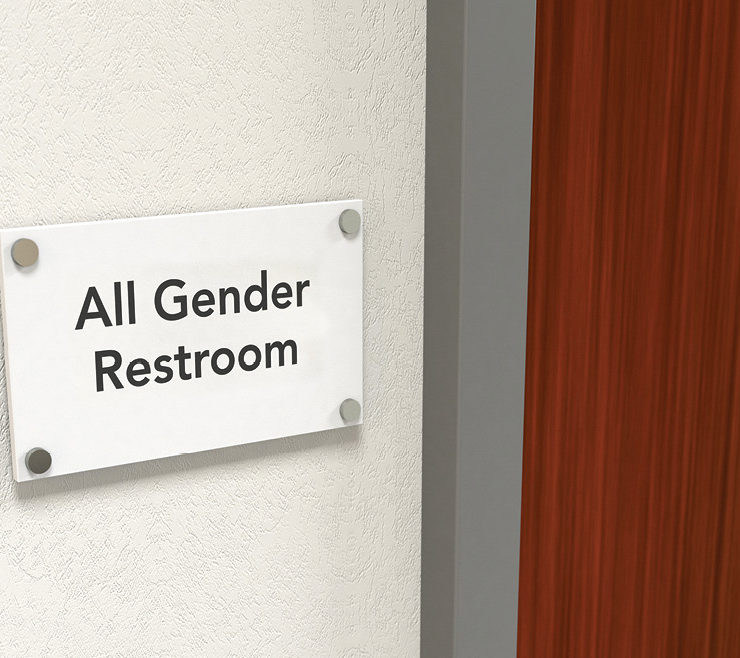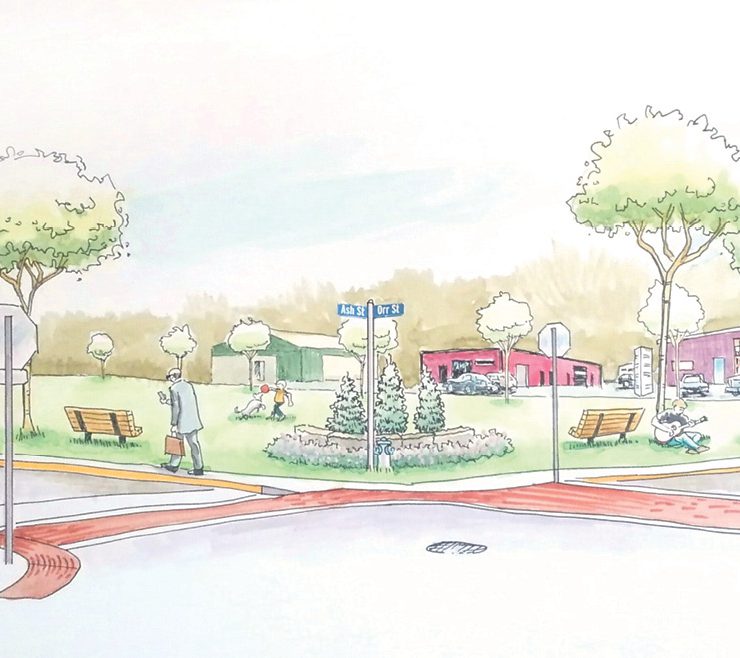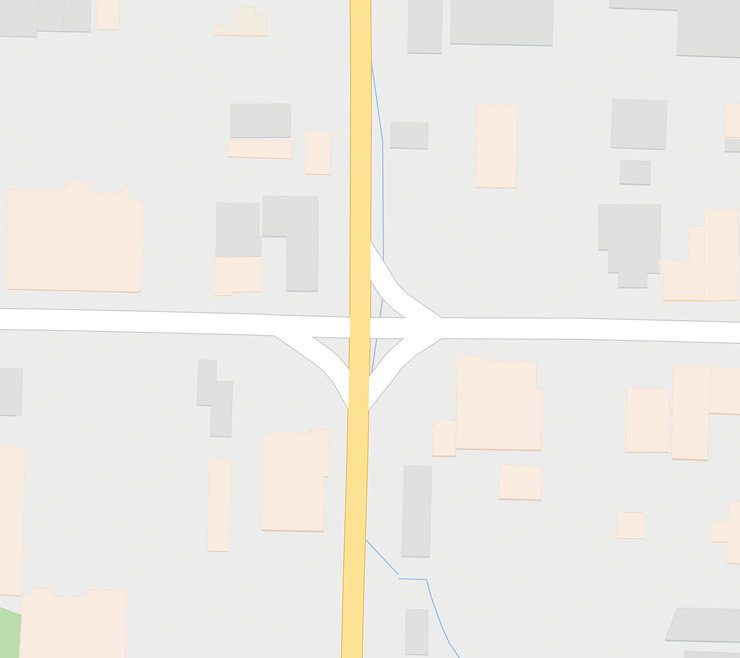Local Perspective: MU Is Spreading Roots Throughout Missouri

When I first visited MU, one of the things that struck me about the campus was its beauty. The entire campus is a diverse botanical garden, with beautiful buildings intertwined with gorgeous trees and flowers. Having been here for a few months now, I have come to see that this balance of environments is no accident.
In fact, it’s an expression of the integrational ethic that drives MU’s relationship with Columbia and the state. MU is interwoven into those communities as seamlessly as it is nestled within a garden.
When I think of MU’s impact on Missouri, I think of the campus as a network of trees, each planting its roots into a different part of what makes this state special.
Taken together, this garden allows us a complete understanding of the value chain of human health. Think of these different trees as programs specializing in life sciences, health professions, medicine, nursing, and health professions that, when added to professional programs like business, journalism, and law, allow us to understand and address the human health equation in a holistic manner.
We connect the research from these disciplines to opportunities for cures via the production of life-saving medical isotopes produced in our research reactor, the only one of its kind in a university location. The roots of programs like these are still spreading, as are those of the Translational Precision Medicine Complex, which will translate state-of-the-art advances into treatments for cancer and other diseases benefiting people across the state, the country, and the world.
To accommodate these scientific advances in the workforce, an entire generation of workers is growing at MU. More than half of MU graduates stay in Missouri, and almost 30,000 UM System alumni are engineering graduates, not to mention a combined 20,000 graduates from our nursing, medicine, and health professions programs.
MU students earn their doctorates in biological sciences 18 months earlier than the national average, allowing them to bring their knowledge to the workforce even sooner. The UM System alumni are taking the discoveries from our labs and putting them to work in the homes and clinics across the state, from counties like Atchison and Pemiscot to Clark and McDonald.
Indeed, MU’s $3.9 billion impact on Missouri is no surprise given that our own roots — our foundations — are strong.
You have probably heard about George Smith’s Nobel Prize, about his pioneering work that led to a treatment for Crohn’s disease and rheumatoid arthritis that has changed so many lives and pumped billions of dollars into the national economy. But consider, too, that he taught scores of students throughout his more than 40-year career. For all he has done with his storied research, his greatest achievement may be that he has inspired countless others to follow in his footsteps, contributing to the Missouri workforce’s growing knowledge base with a deep humility we can’t help but admire.
Therein lies the most crucial benefit of MU’s sprawling roots. As with any living thing, one becomes two, two becomes four, four becomes 100. Every impact MU has on industry, the workforce, or the lives of its students has more multiplying effects down the line.
Whenever we contribute a branch, whether it be educating Missouri’s workforce or building new partnerships with distributors that can supply isotopes from the research reactor to drug companies, we are also building foundations for the next generation. We know that the key to having a positive impact on Missouri is to become part of the industry ecosystem in the communities we serve, not to simply reach out, but to plant roots that will grow for years to come. Our mission is the community.








